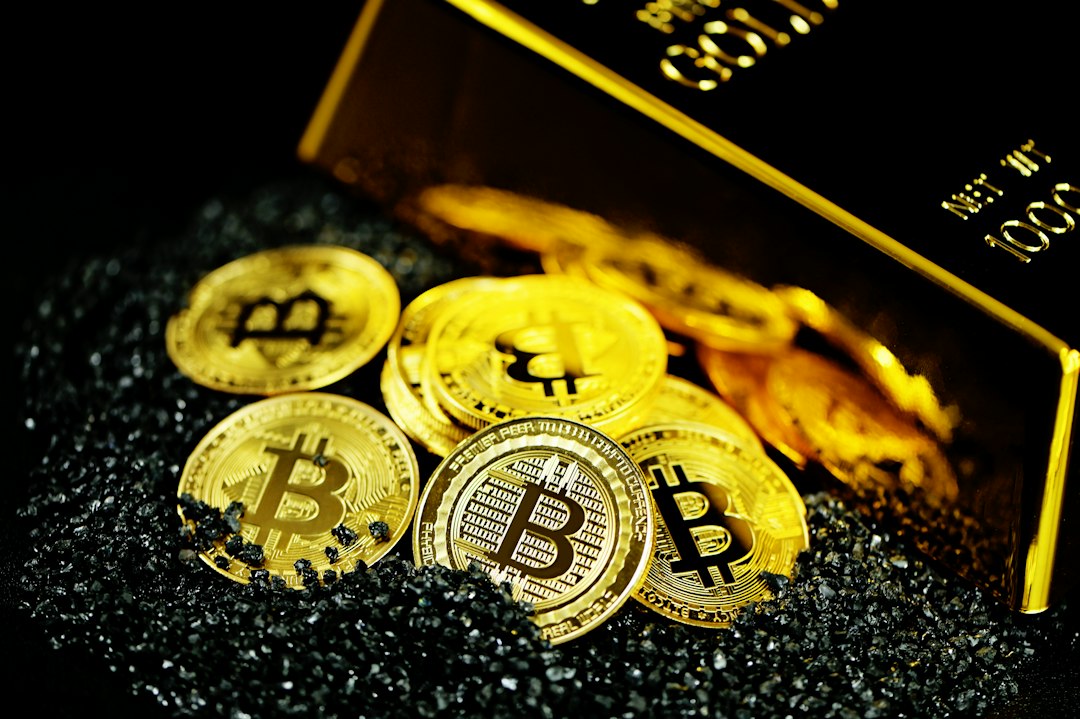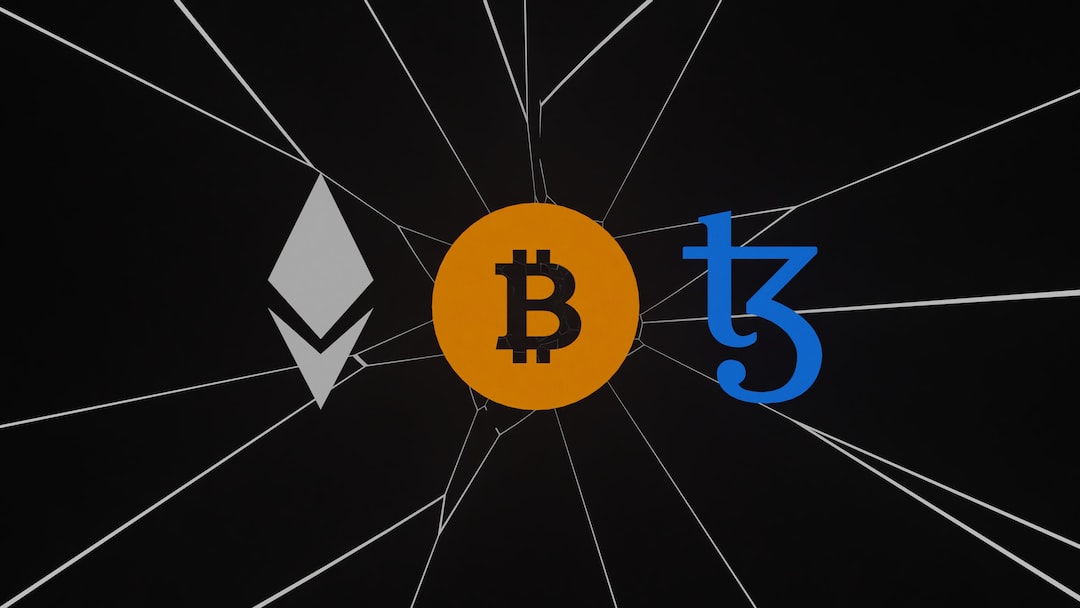Europol Praises Blockchain Security But Highlights Criminal Activity in DeFi
Europol, the law enforcement agency of the European Union, has released its first European Financial and Economic Crime Threat Assessment. This report provides a comprehensive evaluation of cybercriminal threats at the European level.
While acknowledging the security and autonomy of blockchain technology, Europol also criticized the realm of decentralized finance (DeFi) for its lack of regulation. The agency expressed concerns that the absence of crypto regulation allows criminals to hold illicit assets on DeFi platforms, creating opportunities for economic crimes.
“The use of cryptocurrencies for criminal schemes is also increasing in line with their overall adoption rate.”
Europol
Europol, however, noted that the illicit use of cryptocurrencies only represents a small fraction of the overall transaction volume, specifically “less than one percent.” The report also outlined the significant risk of money laundering associated with non-fungible tokens (NFTs) due to their borderless instant trading feature.
Decline in DeFi Total Value Locked (TVL)

Despite the growing interest of hackers and scammers in DeFi, on-chain data shows a continuous decrease in the total value locked (TVL) across all DeFi protocols. The current TVL stands at $37.3 billion, a level similar to that of February 2021, according to DeFiLlama data.
Controversial DeFi Regulation Proposed in the U.S.
The U.S. Senate recently introduced a regulatory bill that received criticism from the crypto community. The proposed legislation aimed to regulate DeFi more strictly, which drew backlash for its potential impact on user privacy. The Blockchain Association strongly opposed the bill, arguing that it is incompatible with the industry and forces DeFi protocols to collect user data.
Hot Take: Europol Emphasizes Blockchain Strengths Despite Concerns about DeFi
Europol’s European Financial and Economic Crime Threat Assessment highlights the strengths and weaknesses of blockchain technology and its applications in decentralized finance (DeFi). While Europol acknowledges the security and independence offered by blockchain, it also raises concerns about the lack of regulation in DeFi, which facilitates economic crimes and illicit activities. However, it is important to note that the illicit use of cryptocurrencies represents a small fraction of overall transactions. Additionally, the report emphasizes the significant risk of money laundering associated with non-fungible tokens (NFTs). On the other hand, data indicates a decline in the total value locked in DeFi protocols, possibly indicating increased security measures. The recent proposal for stricter DeFi regulation in the U.S. has sparked controversy within the crypto community, raising concerns about user privacy and industry compatibility.





 By
By
 By
By
 By
By
 By
By
 By
By